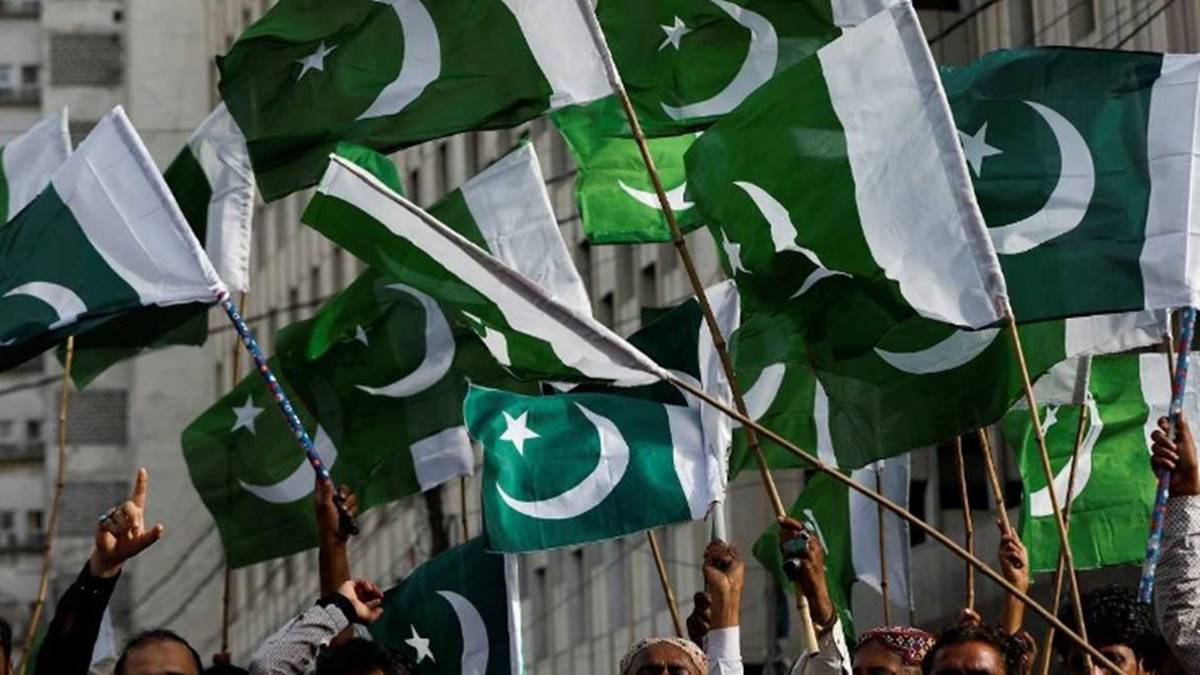A recent outbreak of sectarian violence in Pakistan’s northwestern Kurram district, located in Khyber-Pakhtunkhwa province, has resulted in at least 40 fatalities, prompting the Human Rights Commission of Pakistan (HRCP) to voice its concerns over the deadly tribal conflict.
The violence, which erupted several days ago due to a land dispute between rival tribes, has escalated into a broader sectarian conflict. Heavy weaponry was used as opposing factions targeted each other’s positions. The unrest has spread to multiple areas within the district, including Peewar, Tangi, Balishkhel, and several others.
In a statement posted on social media, the HRCP expressed deep concern over the significant loss of life in Parachinar, Kurram. The non-governmental organization highlighted the severe impact on ordinary citizens, whose freedom of movement and access to essential supplies have been curtailed due to the ongoing violence.
Local residents reported that missiles and rockets were launched towards the towns of Parachinar and Sadda. The conflict has led to the closure of educational institutions and markets, while major roads have been rendered impassable.
Protests in POJK
Hujjatul Islam Wal Muslim Alhaj Agha Syed Hasan Al Musawi Al Safawi, president of Jammu and Kashmir Anjuman Sharia Shia and patron of Jafaria Supreme Alliance Muzaffarabad, has strongly condemned the ongoing sectarian violence in Parachinar. The religious leader attributes the unrest to a deep-rooted real estate dispute that has spiraled into sectarian conflict.
In a statement, Agha Syed Hasan criticized the silence surrounding these atrocities, emphasizing that the victims are being targeted solely for their Shia identity.
He questioned: “Is killing the young man giving the call to prayer with a knife the solution to a real estate problem?” This highlights the brutal nature of the attacks and the disproportionate violence being employed.
The Shia leader urged the people to awaken to the gravity of these crimes and hold their occupied-authority accountable.
The situation in Parachinar has become increasingly dire. Official reports indicate at least 36 deaths and over 166 injuries resulting from recent armed confrontations. However, social media accounts suggest a far more devastating toll, with claims that the death count has surpassed 400.
While mainstream media reports cite a land dispute between different tribes as the root cause of the conflict, it’s important to note that these tribes are divided along sectarian lines, with some being Shia and others Sunni.
Protests in POGB
Protesters gathered along the Karakoram Highway in Pak-occupied-Gilgit-Baltistan to voice their opposition against the ongoing atrocities. The leaders expressed frustration over silence from the occupying authorities in the face of these abuses.
A particular point of contention raised during the protest was the reported suppression of Shia Muslims attempting to commemorate Imam Hussain. The followers of Hussain are being treated as criminals for practicing their faith.
A particular point of contention raised during the protest was the reported suppression of Shia Muslims attempting to commemorate Imam Hussain. The followers of Hussain are being treated as criminals for practicing their faith.
Efforts to broker a ceasefire between the Boshehra and Maleekhel tribes are reportedly underway, led by a tribal council from neighboring Hangu and Orakzai districts.
The sectarian violence between Shias and Sunnis is escalating, and responsibility for this situation lies with the Pak Army, who tacitly supporting Sunnis. Given that Shias are a minority in Pakistan and the Army is predominantly Punjabi Sunni, the minority has often been suppressed under the dominant majority regime.

